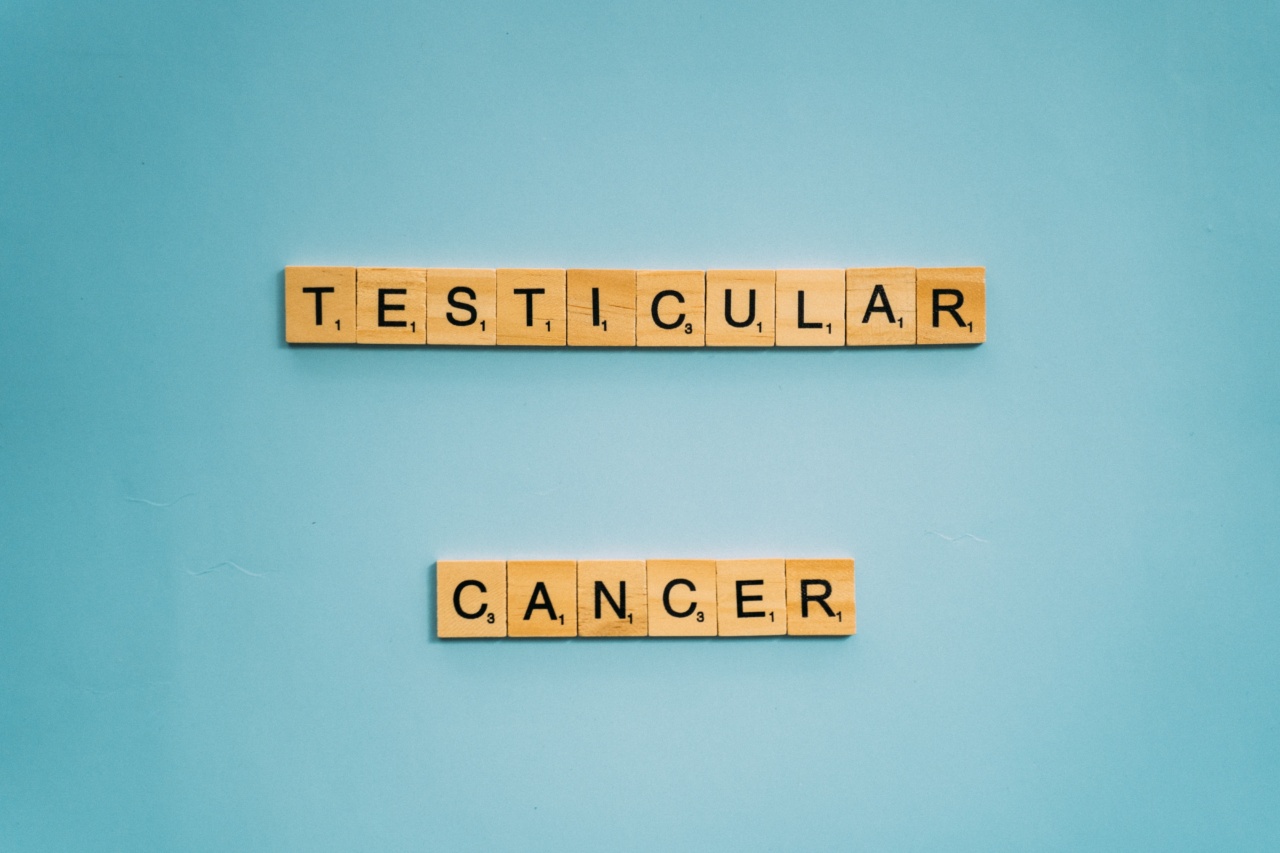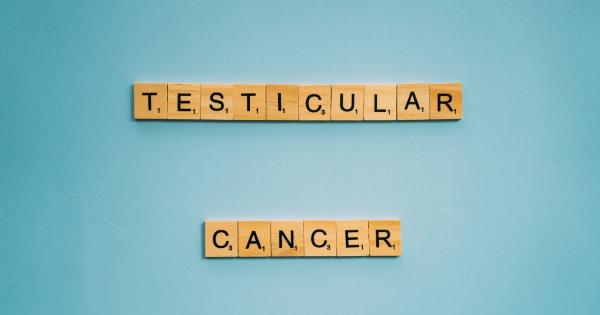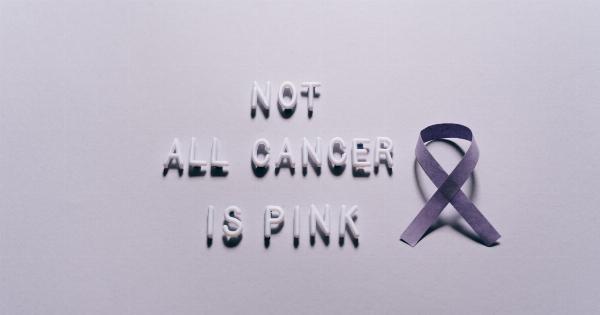Testicular cancer is a type of cancer that originates in the testicles, the male sex glands responsible for producing sperm and testosterone.
Although it is a relatively rare form of cancer, it is the most common cancer in young males aged 15 to 40 years old. While the exact causes of testicular cancer are still unknown, researchers have identified several risk factors that increase a man’s likelihood of developing this disease, one of which is cryptorchidism or undescended testicles.
What is Cryptorchidism?
Cryptorchidism is a condition where one or both testicles fail to descend from the abdomen or groin into the scrotum during fetal development. This means that the testicles remain hidden and do not develop or function normally.
Cryptorchidism affects about 3% of full-term male newborns, but most cases resolve on their own within the first few months of life. However, if the testicles do not descend by the time the child is six months old, it is unlikely that they will do so naturally.
The Link between Cryptorchidism and Testicular Cancer
Men who have a history of cryptorchidism are at an increased risk of developing testicular cancer, particularly if they did not have surgery to correct the condition.
A study by the American Cancer Society found that men who had an undescended testicle at birth were 2-8 times more likely to develop testicular cancer than those with normal testicles.
The reason for this increased risk is that undescended testicles are more likely to develop cancer because they are exposed to the warmer temperatures of the body instead of the cooler temperatures of the scrotum.
The heat can damage the DNA in the testicle cells, leading to abnormal growth and cancerous tumors. In addition, the undescended testicle may have difficulty producing sperm, which can also increase the risk of cancer.
Symptoms of Testicular Cancer
Testicular cancer is usually detected through a physical examination or by self-examination of the testicles. Early symptoms of testicular cancer may include:.
- A lump or swelling in the testicle
- A feeling of heaviness or discomfort in the scrotum
- Pain or a dull ache in the testicle or scrotum
- Enlargement or tenderness of the breast tissue (gynecomastia)
- A sudden collection of fluid in the scrotum (hydrocele)
If you experience any of these symptoms, it is important to visit your doctor immediately for a professional diagnosis and treatment.
Preventing Testicular Cancer
Although the exact causes of testicular cancer are still unknown, there are some things that can be done to reduce the risk of developing this disease. These include:.
- Having surgery to correct cryptorchidism before the age of one
- Performing regular self-examinations of the testicles to detect any abnormalities
- Limiting exposure to environmental factors that may increase the risk of cancer, such as radiation and chemicals
- Leading a healthy lifestyle by eating a balanced diet, staying physically active, and avoiding smoking and excessive alcohol consumption
Treating Testicular Cancer
If testicular cancer is detected early, it is highly treatable with a 95% survival rate. Treatment options may include surgery to remove the affected testicle, chemotherapy, and radiation therapy.
In some cases, a combination of these treatments may be used. Treatment will depend on the type and stage of the cancer, as well as the individual’s overall health and preferences.
Conclusion
Cryptorchidism is known to be a major risk factor for testicular cancer.
Men who have a history of this condition, especially those who did not have corrective surgery, should be aware of their increased risk and take steps to monitor their health and reduce their risk of developing this disease. Early detection and treatment are key to a successful outcome, so it is important to see a doctor immediately if any symptoms are noticed.

























